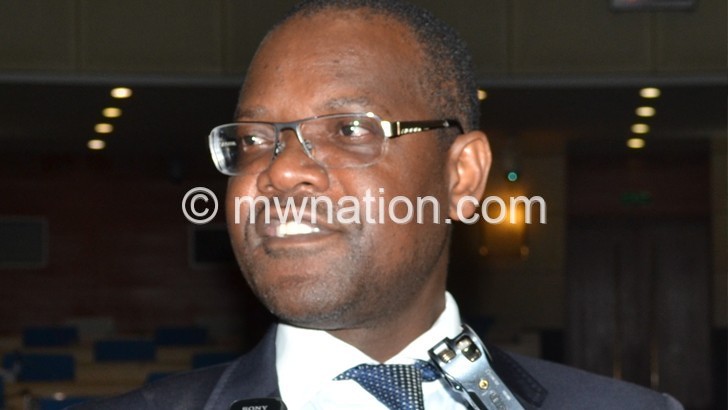Bill wants lawyers to compensate swindled clients
Private practice lawyers in the country will be required to contribute to a Fidelity Fund to compensate victims of embezzlement once the Legal Education and Legal Practitioners Bill is passed into law.
The Bill, which The Nation has seen, seeks to repeal the old laws and include new developments, among them introduction of a society levy to the Malawi Law Society (MLS), creation of chapters for MLS as well as the fidelity fund.
According to the memorandum of the Bill, the creation of the Fidelity Fund will be used to compensate people who incur losses from unscrupulous lawyers, mostly in private practice.
When the Bill is passed into law, all lawyers would be contributing an amount to be determined by the Minister of Justice and Constitutional Affairs.

No lawyer running a law firm or on his/her own would be issued a licence to practice law without being issued a Fidelity Fund Certificate by MLS.
In an interview, Minister of Justice and Constitutional Affairs Samuel Tembenu said following complaints about the conduct of some lawyers, especially relating to embezzling clients’ money, the indemnity fund had become necessary.
He said: “The Law Society must have a way of compensating clients whose funds are abused by the legal practitioners. The Law Society will make the rules in determining the contributions.”
On its part, MLS has said the provision in the Bill would ensure that they pay clients swindled out of their money by legal practitioners or their employees.
“Clients shall not, therefore, be left without a remedy where they have had a misfortune of being serviced by a dishonest practitioner or one who employs dishonest people as is currently the case,” said MLS president Khumbo Soko.
He said apart from remediating losses suffered by clients through theft or embezzlement, the Bill would bolster the capacity of MLS to better regulate lawyers as the ability to discipline them would be widened.
In the current law, the presence of the Solicitor General, who is a public officer, was necessary to preside over disciplinary cases involving lawyers which meant that complaints of clients took too long to be mediated.
But according to Section 93 (1), the disciplinary committee would comprise the Solicitor General as well as one senior counsel, a lawyer with not less than 10 years at the bar and two members of society with good standing, but who are not legal practitioners.
The Bill has proposed that in the absence of the Solicitor General, the committee would go ahead to meet and the committee would have powers to sanction lawyers who do not comply with ethical and professional obligations.
“The perception out there, which perception is hardly true, is that lawyers are not willing to discipline each other and that they ‘back each other up’. The fact of the matter is that the current system of disciplining lawyers is not efficient and takes too long to deliver on the complaints of the consumers of legal services,” Soko said.
The Bill has also proposed to remove Chancellor College, a constituent college of the University of Malawi, as the only institution that trains lawyers in the country.
MLS said the rigorous process that those who qualify outside Malawi go through to start practising as lawyers has resulted in the low numbers of lawyers in the country, currently 410.
Currently, to qualify as a lawyer, a person must hold a degree in law awarded by an institution accredited to offer legal education by the Malawi Council for Legal Education.
The Bill also establishes the Malawi Institute of Legal Education to provide practical legal training at postgraduate level for one year which every law graduate will have to undergo.
Recently, the MLS punished about eight errant lawyers for misconduct ranging from embezzlement of clients money and overcharging to delayed remittance of money to clients. n





